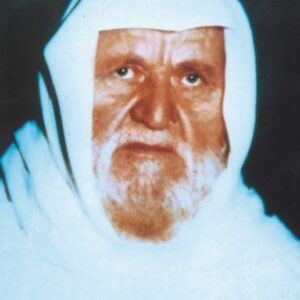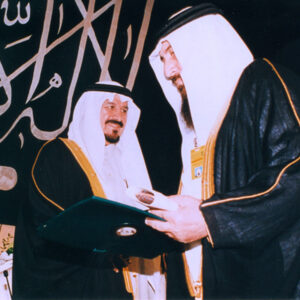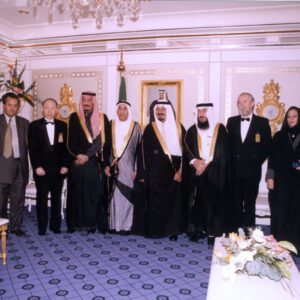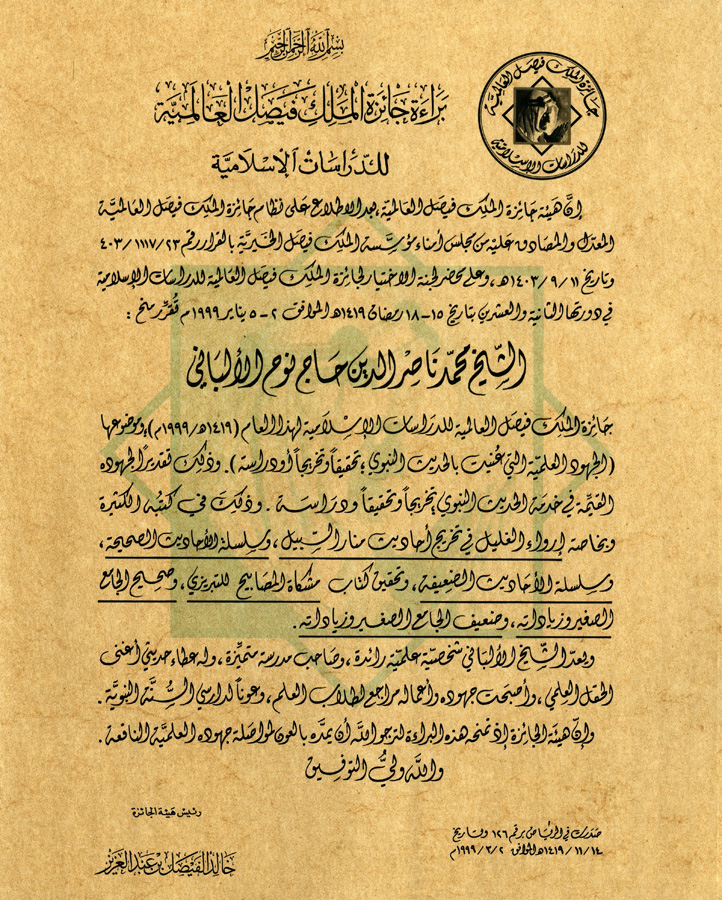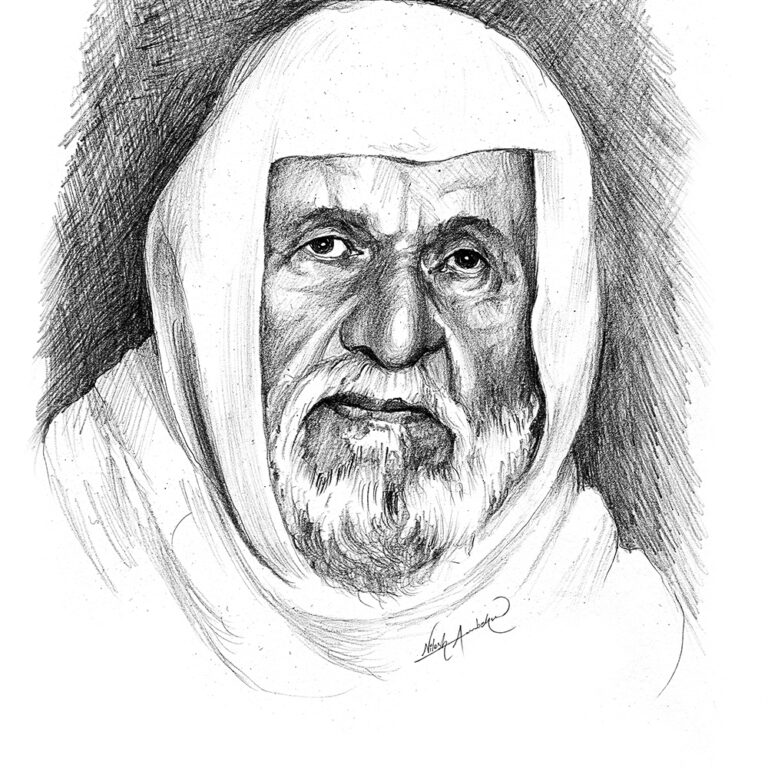

Sheikh Mohammad Nasir Ad-Din Al-Albani
King Faisal Prize in Islamic Studies 1999 Laureate
Topic: "Contributions to the Study, Verification and Authentication of the Hadith"
The Prophet's Sunnah is next only to the Holy Quran as a source of Islamic laws and is the primary reference to the interpretation of the Quran

Mohammad Al-Albani moved as a child with his family to Damascus, where he completed his early education and received rigorous tutelage in Arabic and Islamic studies by prominent scholars of that time.
Meanwhile, he worked as a clock and watch repairer to help support his family. Shaikh Mohammad Nasir Al-Din Al-Albani is considered by many academics as probably the greatest Islamic scholar of the 20th Century.
Shaikh Al-Albani started to specialize in Hadith and related subjects in the 1930’s; by the age of 20, he transcribed and commented on Al-Hafiz Al-Iraqi’s monumental text Al-Mughnee ‘An Haml Al-Asfar, followed by a series of other books, lectures, and influential articles in Al-Manar magazine. It was not long before he surpassed all of his contemporaries to become the world’s leading authority in Hadith sciences. He wrote or edited more than 300 books and manuscripts, many of which became major references for Hadith scholars.
Shaikh Al-Albani visited and lectured in several Arab and European countries, including: Qatar, Kuwait, Egypt, United Arab Emirates, Spain, Britain, Morocco, and Germany. He also taught Hadith Sciences in Al-Madinah Islamic University in Saudi Arabia for three years. His influential publications and widely attended classes and lectures, over a period of 60 years, have had a significant impact not only on the study of Hadith, but also on other branches of contemporary Islamic studies.
Although the Shaikh distanced himself from political activities, he was harassed several times, and arrested twice for a total of 9 months. During his imprisonment, he edited Al-Hafiz al-Munziri’s Mukhtasar Sahih Muslim. Eventually, he left Syria to Jordan, where he spent the last few years of his life.
This biography was written in the year the prize was awarded.
- Sheikh Mohammad Nasir Al-Din Al-Albani passed away in Amman on October 2, 1999.

